Japanese citizens have called for a halt to the discharge of nuclear-contaminated water from the crippled Fukushima Daiichi nuclear power plant into the ocean and demanded that the government revoke the permission for the controversial program at the first public hearing of a lawsuit in Fukushima on Monday.
The hearing of the lawsuit, filed by 363 Japanese fishery stakeholders and ordinary citizens nationwide against the Tokyo Electric Power Company and the government over the ocean discharge, was held at the Fukushima District Court in Fukushima City.
TEPCO started releasing nuclear-contaminated water into the Pacific Ocean on Aug 24 last year. It is now in the fourth round of discharge.
Tsuguo Hirota, a co-representative of the plaintiffs' lawyers, said the discharge constitutes a deliberate "double harm" to the victims of the nuclear disaster, following a 9.0-magnitude earthquake and tsunami in Japan in 2011, and is by no means permissible.
"In August 2015, the government promised Fukushima Prefecture that it would not proceed with ocean releases without the consent of stakeholders," Hirota said.
"For the past eight years, news on this matter has been widely discussed. Nevertheless, the government and TEPCO have blatantly ignored such promises and have calmly released contaminated water into the sea. For the citizens, it might be said that the government of this country is a government that can lie without hesitation," Hirota added.
He stressed that what is being released into the sea in Fukushima this time is not just tritium-contaminated water but also a wide variety of radioactive substances. These have raised clear concerns about harm to the human body.
Shigeo Suzuki, a resident of Iwaki, Fukushima Prefecture, and one of the plaintiffs, used to be a junior high school teacher. The last school where he worked was located along the coast in Iwaki and was affected by the Great East Japan Earthquake in 2011.
"Some of the students affected have been working hard since the earthquake," Suzuki said.
"And for those students, there's a possibility that the release of contaminated water into the ocean could cause even more damage. To encourage those hardworking children, I participated in this lawsuit as a plaintiff."
Suzuki said he wants to see the lawsuit achieve its goal of stopping the discharge of the nuclear-contaminated water.
'Not logical'
The process leading to the contaminated water release does not follow the logic that ordinary Japanese people would expect, he said.
"The government and TEPCO are deciding to release it forcibly against our will. Additionally, there have been various accidents related to nuclear power plants in the past, and the government and TEPCO have hidden information or lied," Suzuki said.
"That's why various things that they are saying, such as the tritium concentration, are not trusted by the public," he said.
Chikara Yoshida, an Iwaki resident who served on the board of directors of a welfare facility for people with disabilities, said he believes in above-ground storage as the radiation dose will decrease over time.
"Is it OK for the side that caused the Fukushima nuclear accident to casually break such procedures? That's a lack of responsibility. They don't understand their own problems. A lack of responsibility could lead to even more frightening things in the future," Yoshida said.
Lawyer Hirota told China Daily that Japan's legal proceedings will progress in stages through the district court, high court, and then the Supreme Court of Japan.
It is difficult to predict how long the current hearing at the Fukushima District Court will take, as it will depend on how the government and TEPCO respond.
"Particularly noteworthy in this trial is that there will likely be considerable scrutiny of scientific matters such as the toxicity of the contaminated water. We want to simplify those disputes as much as possible so that the conclusions are easily drawn," Hirota said.
The lawyers and the plaintiffs hope to conclude the district court proceedings within three years. However, regardless of who wins, it is highly likely that the case will be appealed to the high court and Hirota estimated that decision could take about five years.
Earlier reports said the discharge of the nuclear-contaminated water could take at least 30 years.








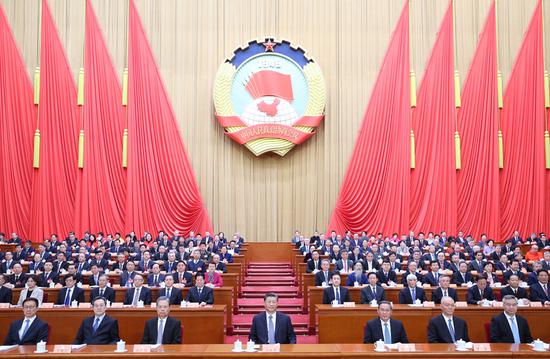
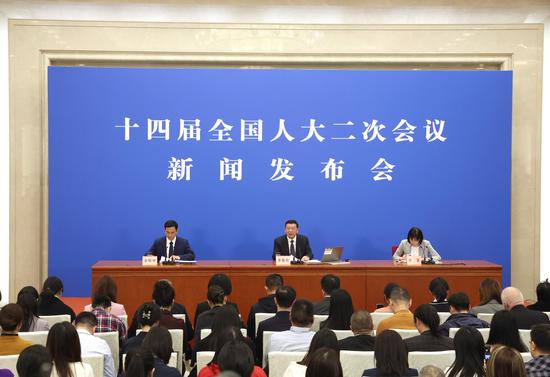




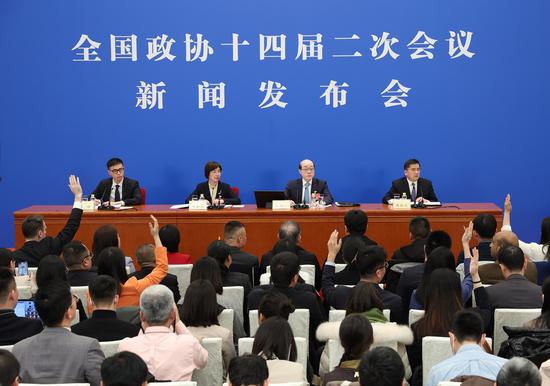

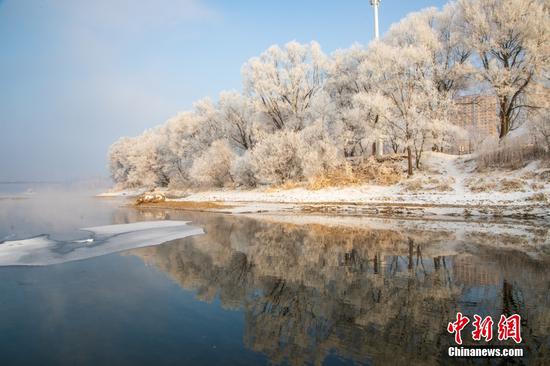
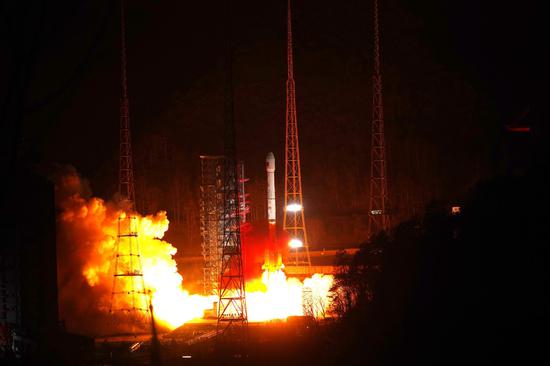
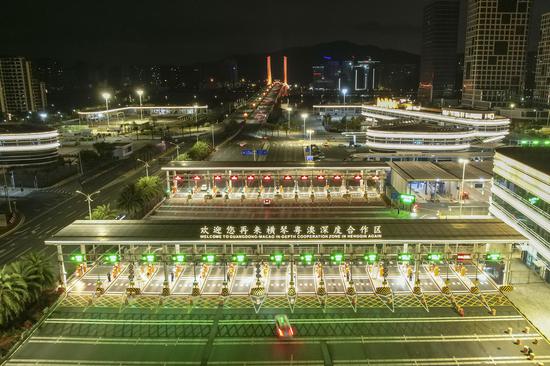
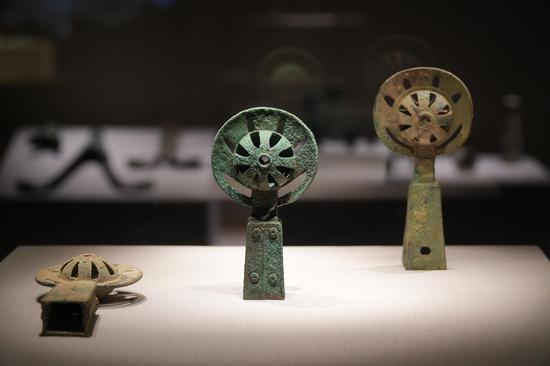



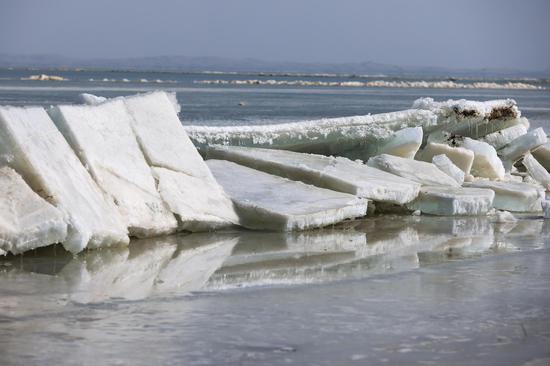


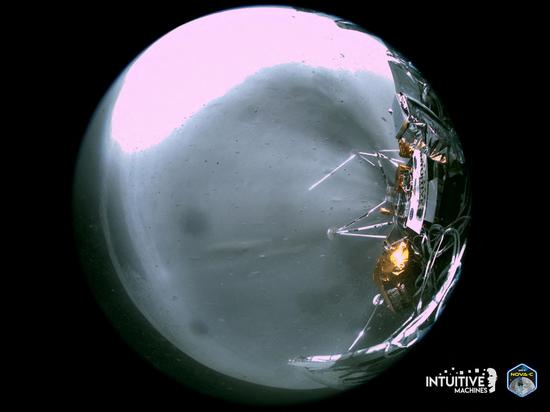


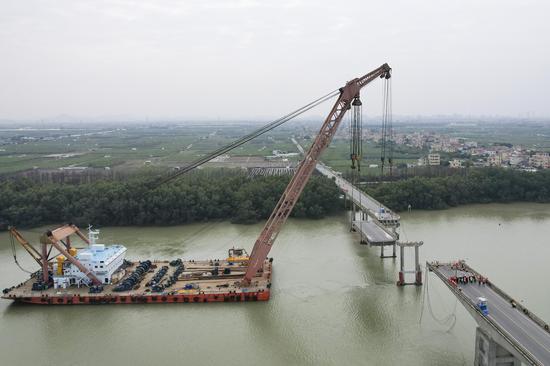
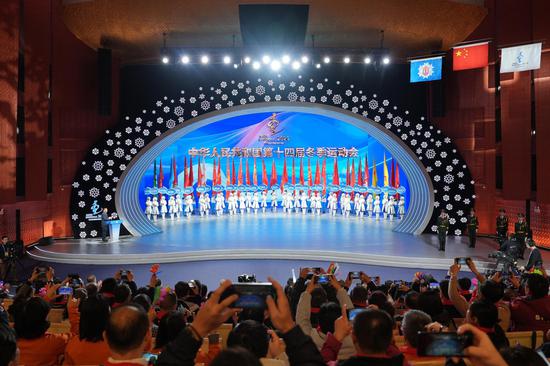


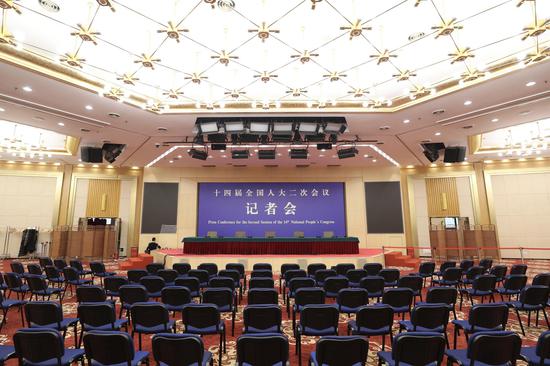

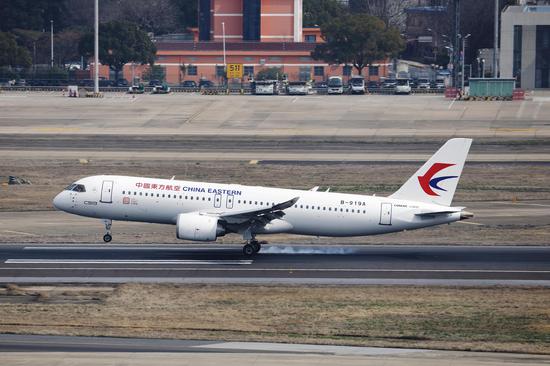
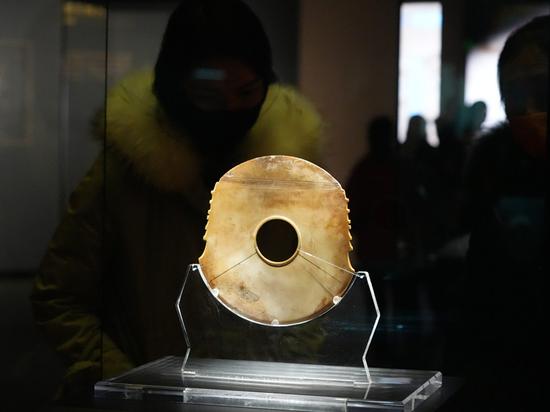


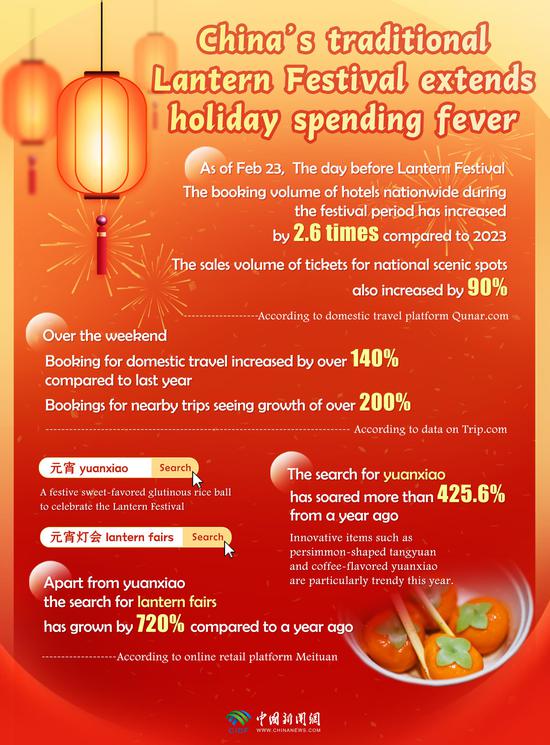
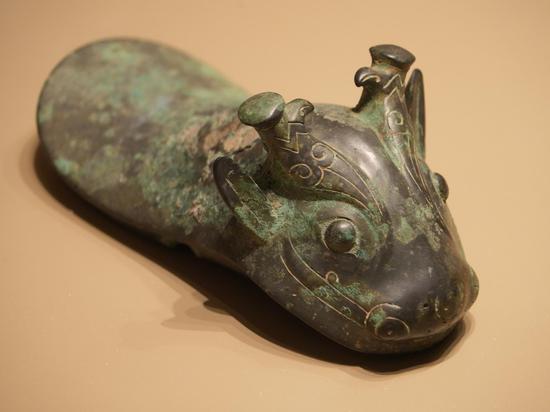

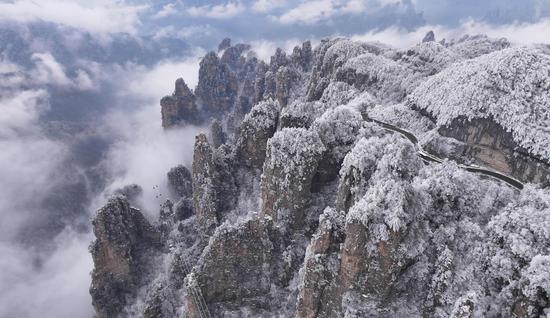
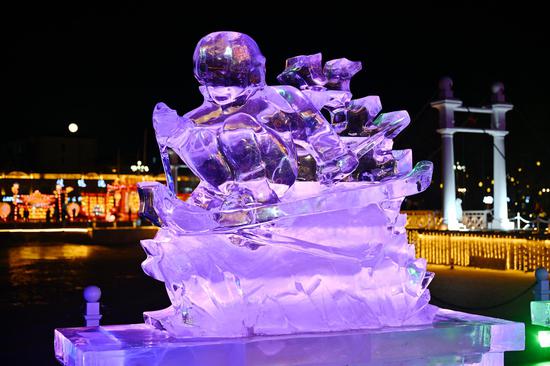






 京公網(wǎng)安備 11010202009201號(hào)
京公網(wǎng)安備 11010202009201號(hào)